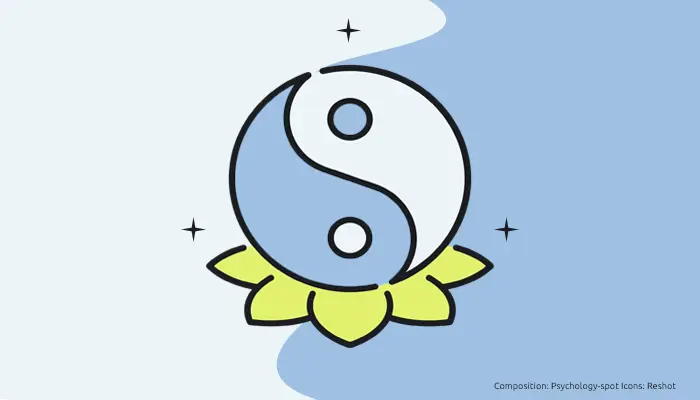
What you throw into the universe comes back to you, as if it were a boomerang. We believe that if we are good people, good things will happen to us. And probably this karmic law applies to social situations where we can expect favors to be returned and reputation plays an important role in climbing the ladder but when it comes to the universe and real life everything could be different.
Very interesting research developed at the University of Chicago and the University of Virginia tells us that when we want something from the universe, we usually invest in developing good karma. After four experiments, these psychologists claim that when people expect a profit but have little control over the situation, they tend to be more magnanimous in their donations.
Of course, this is a belief that lays its foundation in early childhood. Since childhood, both in the family and at school we have been taught that if we behave well we will receive a reward and if we behave badly, the punishment will not be long in coming. It is a very simple pattern that we cling to even more when we are not in control of the situation as it makes us feel calmer and safer. It gives us an illusory feeling that everything will be fine.
However, we don’t want to believe that bad things also happen to good people and vice versa. We don’t want to believe that life is unfair. This is a very sad reality that we push away from our minds as if it were a bad omen.
The step-by-step investigation
In the aforementioned study, researchers have discovered how people try to manipulate karma by performing favors.
In the first experiment with 99 participants, half of them were asked to write an essay about a situation in which they really wanted to succeed. The other half were asked to write about their daily routine. In this way, the idea of success and the desire to achieve something was activated in some.
After being paid for their participation in the experiment, people were asked if they wanted to participate in another task whose goal was to earn money that would be donated entirely to a charity. The curious thing was that among the people who wrote about their daily activities, 78% volunteered, a figure that increased to 94% among those who wrote about a situation in which they wanted to be successful.
The researchers designed a second experiment, with another 99 participants, the entire process was repeated, only at the end, they were asked if they wanted to donate what they had just earned for their participation in the study. Once again, it was noted that people who were waiting for a reward donated much more.
In a third experiment, the researchers recruited 77 attendees at a community event to connect with potential employers. They were told that if they filled out a survey, they had the right to participate in a lottery in which they could win up to $100. The interesting thing is that half of the people were given a survey where statements were provided that promoted a feeling of control, such as: “learn more about the industry.” While the other half filled out questionnaires with statements that decreased the feeling of control over the environment, such as: “new jobs will open.”
After completing the questionnaire, each person was asked how much money they would be willing to donate if they won. As you can already guess, those who felt they had no control over the work donated an average of $30 while the other half who felt more confident donated an average of $20.
The last experiment focused on analyzing how donations affected our expectations. This time they recruited 377 people looking for work and manipulated their perception of control through questionnaires. However, this time they gave them the opportunity to complete a second survey with the condition of adding another $50 to the final prize up for grabs. Half of the people were told that this prize would go to a charity while the other half were told that it would be theirs if they won the prize.
At the end, the level of optimism to find a job was evaluated. Interestingly, people who experienced a lack of control but whose part of the prize would go to charity were much more optimistic.
So, do we need to invest in good karma?
In short, we believe almost blindly in karma because it gives us a feeling of control and organization. And, in order to keep all things in this logical order, we would be willing to help others and be more magnanimous. Perhaps the universe perceives our behavior as an “outstanding debt” and in the end ends up returning something positive to us.
Reference:
Converse, B. A; Risen, J. L & Carter, T. J (2012) Investing in Karma. When Wanting Promotes Helping. Psychological Science; 23(7).



